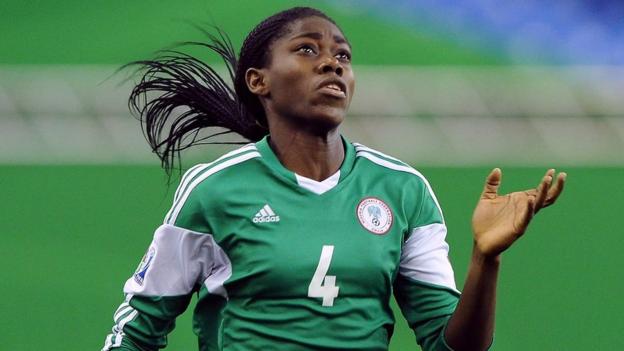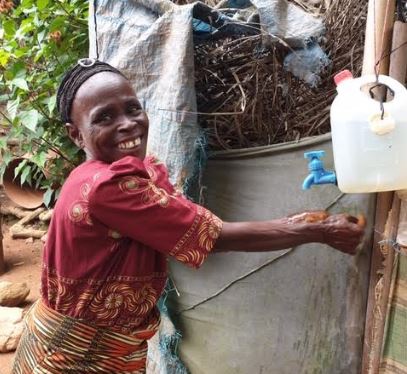A gynaecologist is urging women not to remove their pubic hair. Dr Jen Gunter, author of ‘The Vagina Bible’, warns waxing or shaving creates “microscopic trauma” that can lead to infections.
While the purpose of pubic hair is somewhat of a mystery, going “au naturel” is thought to protect the skin by acting as a barrier against the outside world.
Getting a Brazilian may also reduce sexual pleasure, with pubic hair being connected to nerve endings that might help arousal, Dr Gunter added.
Pubic hair “grooming” has almost become the norm, with many blaming the porn industry.
Scientists from the University of California, San Francisco (UCSF), asked more than 3,300 women about their downstairs grooming.
Of which, 83.8% claimed to wax, shave or epilate their pubic hair, with just 16.2% leaving it intact.
“Hygiene” was the most commonly reported reason (59%) for women removing their hair.
But Dr Gunter warns waxing, shaving or “sugaring” – mixing sugar, lemon juice and water to create a wax-like gel – may do more harm than good.
“You are causing microscopic trauma to the skin,” she told the BBC.
The gynaecologist added she sees women with cuts, grazes and even infections when hair removal goes awry.
“Pubic hair has a function, it is probably a mechanical barrier and protection for the skin,” she said.
“It may also have a role in sexual functioning because each pubic hair is attached to a nerve ending, that’s why it hurts to remove it.”
Why do we have pubic hair?
The role of pubic hair is not fully understood.
Most experts think it is involved in the release of pheromones, chemicals that trigger arousal.
Pheromones are thought to be “get trapped in pubic hair when glands release an odourless secretion on the skin that combines with bacteria decomposed by the secretion of (other) glands”, according to an expert from Columbia University in New York.
This produces a scent that varies from person-to-person.
Some studies suggest women are attracted to pheromones that differ significantly from their own because it suggests genetic diversity, the expert added.
Other theories as to pubic hair’s purpose include warmth or helping the vagina stay “clean”.
“Pubic hair prevents dirt and particles from entering the vagina,” the Columbian scientist reported.
Critics argue, however, if warmth was the reason, men would surely have more hair along their penis and around their scrotum.
The protection theory also falls short because men do not have similar cushioning around the opening of their urethra.
Humans are thought to have removed their hair as far back as prehistoric times.
“Tweezers” made of shells have even been found in ancient caves.
The Egyptians also reportedly associated body hair with uncleanliness.
Removing pubic hair may have some benefits, by protecting against body lice.
The tiny insects live on coarse human hair, like that found around the genitals, according to the NHS.
Pubic lice
Find out about pubic lice, including what they look like, how you get them, symptoms, when to seek medical advic…
Body lice spread via skin-to-skin contact, usually sex.
As well as thriving on the genitals, the insects can also set up home on the armpits, legs, chest, abdomen, back, face, and even the eyebrows and eyelashes.
Basically, anywhere with hair, aside from the scalp.
These days, women are less likely to remove their pubic hair out of a fear of lice.
“The increased prevalence of pornography that depicts bare genitalia, popular magazines and television are primary drivers of the trend in the United States,” the UCSF scientists wrote in the journal JAMA Dermatology.
In their study, 875 women (31.5%) claimed they groomed their pubic hair because they felt it “made their genitals more attractive”.
And 586 (21.1%) said it is their “partner’s preference”.
Asked when they would remove their pubic hair, most (55.6%) said before sex.
This was followed by before a holiday (45.7%) and to prepare for a “healthcare professional visit” (40%).
For those who still want to go hair-free “down there”, Dr Gunter urges them to use a clean razor and shave in the direction of the hair.
Going “against the grain” increases the risk of ingrown hairs, which can become infected.
And for those who go for a wax, ensure the technician does not “double dip” the wooden sticks used.
This could spread bacteria between clients, Dr Gunter added.





